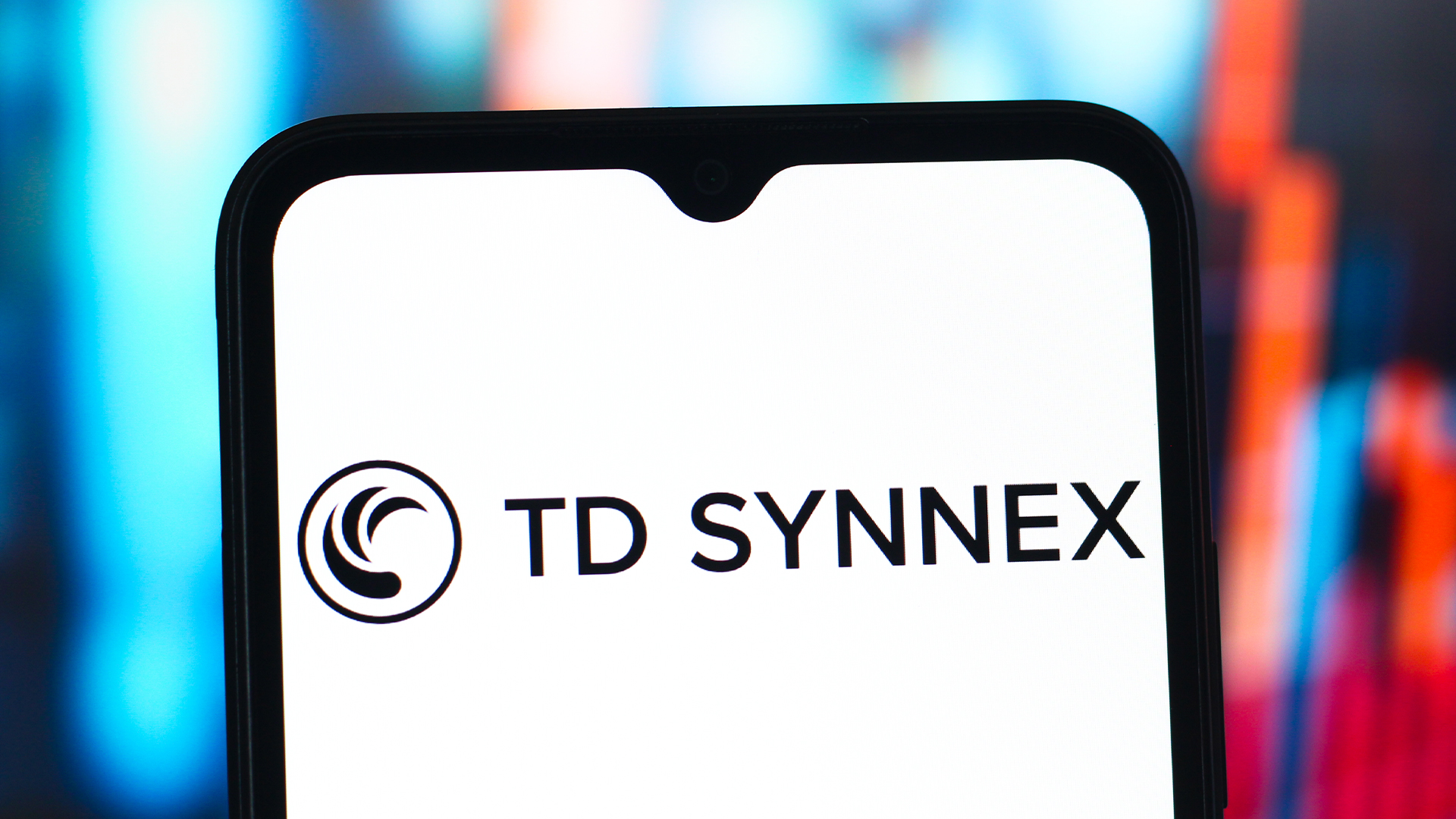Does the government want to snoop on your data?
Does the government really want you to tell them everything? And what are its new communications-watching plans all about? Simon Brew finds out more…

That latter point got a little lost in the initial furore, too. Whilst the government is insistent that there will not be a central database, there's still a requirement for communications to be stored, and the onus for that is inevitably continuing to fall onto Internet service providers. The increased information they will now have to store has led to reasonable fears that they're footing the bill for the latest government plan, and that cost is almost certainly set to be passed on to the end user.
It's not just cost, though. There's also a substantive technical challenge involved: you certainly don't have to look far for failed or flawed attempts to hold enormous amounts of data. Given that much of the information involved isn't material that ISPs are currently storing, there's a massive technological demand that's about to be added to their workload.
There's still some way to go for the legislation before it hits the statute books, of course. Assuming it's included in the Queen's Speech (which it's almost certain to be), that's the point where we'll get deeper detail as to just what the government has planned. Presumably, its tactic in leaking the story ahead of the official announcement was deliberate, to get the worst parts of the story in the public domain sooner. How successful that approach turns out to be remains to be seen.
There's still the small matter of Parliamentary process to go through, and as is becoming the norm, there's serious dissent within the coalition government emerging. It jars with the apparent principles of the Liberal Democrats, and backbench Conservatives are believed to be uneasy, too.
What will probably aid the eventual bill in becoming law is the fact that it's a variant of a Labour party proposal, and thus the opposition may find it a little difficult to fully oppose the measure. A lot depends on what final shape it takes.
The challenge
There's a contentious road ahead, nonetheless, although equally controversial bills have been passed in recent times. Given the distance from a general election, these new measures are highly likely to pass quite quickly. The ramifications, though, will be far more long lasting, and it'll be interesting to see whether abuse of such valuable data can be prevented, and if the data itself can be managed convincingly at all.
Sign up today and you will receive a free copy of our Future Focus 2025 report - the leading guidance on AI, cybersecurity and other IT challenges as per 700+ senior executives
-
 UK say firms say no to AI job cuts
UK say firms say no to AI job cutsNews There's good news for British workers worried about AI job cuts, with new research showing that 78% of business leaders don't expect its to lead to a drop in headcount.
-
 TD Synnex launches new workshop to help partners drive AI adoption
TD Synnex launches new workshop to help partners drive AI adoptionNews The distributor’s new AI Game Plan will aid partners in identifying and prioritizing customer AI use cases
-
 Cyber pros say the buck stops with the board when it comes to security failings
Cyber pros say the buck stops with the board when it comes to security failingsNews Fines, sanctions, and even prosecution are all on the table when it comes to cyber failings, practitioners believe
-
 Scania admits leak of data after extortion attempt
Scania admits leak of data after extortion attemptNews Hacker stole 34,000 files from a third-party managed website, trucking company says
-
 Former GCHQ intern risked national security after taking home top secret data
Former GCHQ intern risked national security after taking home top secret dataNews A former GCHQ intern has pleaded guilty to transferring data from a top-secret computer onto his work phone.
-
 Businesses must get better at sharing cyber information, urges former GCHQ chief
Businesses must get better at sharing cyber information, urges former GCHQ chiefJeremy Fleming, the former head of GCHQ, has warned businesses face increasingly sophisticated cyber attacks on critical national infrastructure (CNI).
-
 Top data security trends
Top data security trendsWhitepaper Must-have tools for your data security toolkit
-
 Why bolstering your security capabilities is critical ahead of NIS2
Why bolstering your security capabilities is critical ahead of NIS2NIS2 regulations will bolster cyber resilience in key industries as well as improving multi-agency responses to data breaches
-
 SEC data breach rules branded “worryingly vague” by industry body
SEC data breach rules branded “worryingly vague” by industry bodyNews The new rules announced last week leave many questions unanswered, according to security industry experts
-
 Crackdown on crypto needed to curb cyber crime, says expert
Crackdown on crypto needed to curb cyber crime, says expertNews Threat actors would struggle to generate money without the anonymity provided by unregulated digital tokens, but such a move would require worldwide buy-in